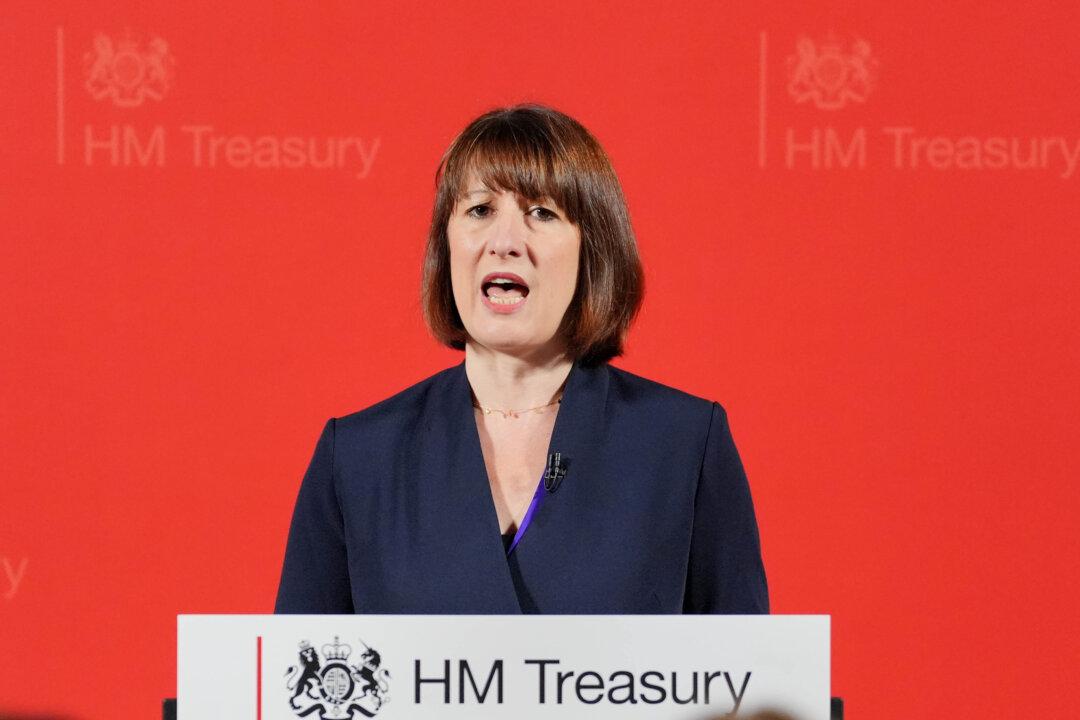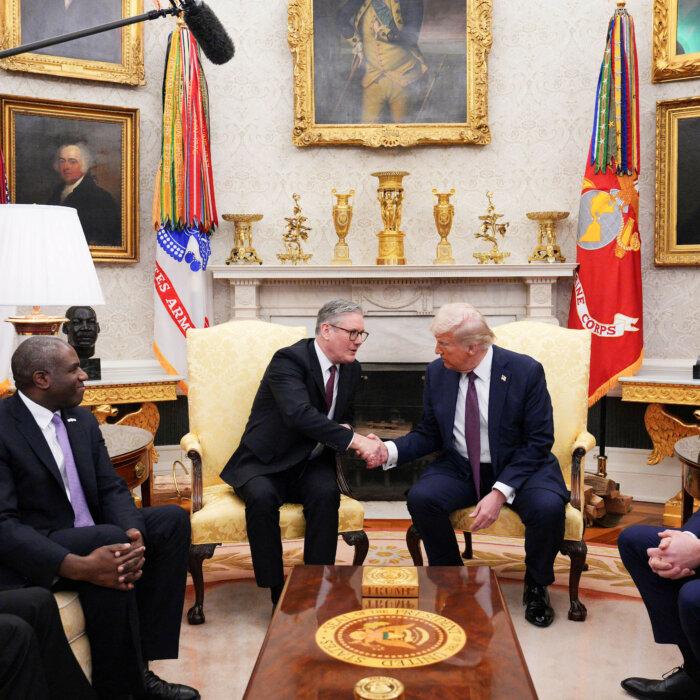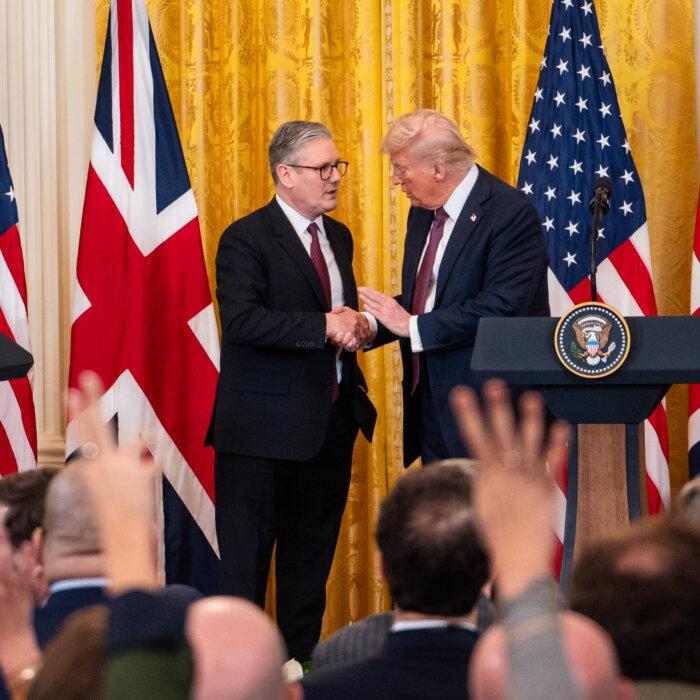Chancellor Rachel Reeves has said she understands Washington’s concerns over global trade imbalances but insisted that U.S. tariffs on British goods are “unnecessary and unjustified,” as she prepares for critical negotiations in Washington.
Reeves will meet U.S. Treasury Secretary Scott Bessent on Friday in a bid to secure Britain’s exemption from sweeping tariffs imposed by the United States.
The high-level talks come after months of diplomatic efforts to shield UK exporters from the impact of a 10 percent levy on British goods and a 25 percent tariff on car imports.
She acknowledged U.S. President Donald Trump’s drive to address persistent trade surpluses held by other nations.
“I understand why president Trump wants to address some of the global imbalances in the system. Some countries run very large and persistent trade surpluses and a need to address that through the global economic forum.
Diplomatic Push Amid Global Tensions
The transatlantic talks come at a delicate moment for the global economy, as countries grapple with rising protectionism, slowing growth and inflationary pressures. The wider U.S. tariff regime—affecting dozens of countries—is due for review in July.Rejecting calls for retaliatory measures, Reeves said, “The overwhelming view of businesses in Britain is that we should concentrate on getting a deal, not on retaliation.”
Sticking Points: Agriculture and Tech
The United States is the UK’s largest single trading partner, accounting for over 17 percent of total trade. Yet longstanding disagreements over agricultural standards and technology regulation complicate negotiations.Washington is pushing for greater access for U.S. agricultural exports—some of which fail to meet UK food safety regulations, notably hormone-treated beef and chlorinated chicken.
The Chancellor has so far refused to compromise on these standards, stressing the importance of maintaining public trust in food safety.
However, Reeves has dismissed any suggestion that core UK legislation would be diluted for the sake of a trade deal.
Rebuilding Global and European Ties
During her three-day trip to Washington, coinciding with the International Monetary Fund’s spring meetings, Reeves has engaged with G7, G20, and IMF counterparts to advocate for open trade and economic cooperation in an increasingly uncertain world.Beyond transatlantic relations, the Chancellor has focused on strengthening ties closer to home.
In a series of meetings with finance ministers from France, Germany, Spain, Poland, Sweden, and Finland, she underscored the importance of rebuilding trust and trade links with Europe post-Brexit.
“It is so important that we rebuild those trading relationships with our nearest neighbours in Europe, and we’re going to do that in a way that is good for British jobs and British consumers,” she said.
Britain also continues trade discussions with India, Gulf nations and members of the Comprehensive and Progressive Agreement for Trans-Pacific Partnership.
Reeves stressed the importance of working out a deal with Washington, but stressed the UK shouldn’t “put all of our eggs in one basket.”
Meanwhile, with the European partners, the Chancellor said the focus remains to increase defence spending “further and faster.”







